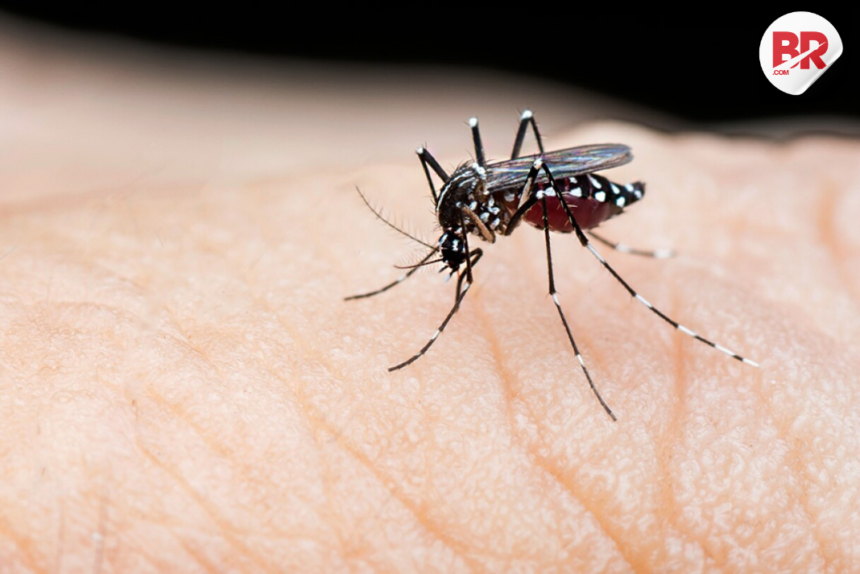
Dengue fever is on the rise across Asia—and the numbers are hard to ignore. Cases have jumped by more than 500% in some countries over the past few decades. Hospitals are overwhelmed. Families are scared. And mosquitoes? Thriving.
The reason? A mix of hotter weather, rapid urban growth, and packed cities have made Asia a playground for the Aedes mosquito. The threat is no longer just seasonal—it’s becoming a year-round crisis.

Why This Matters to You
If you live in Asia, dengue fever is probably already on your radar. But here’s the problem: it’s spreading faster than most systems can keep up. Kids missing school, workers missing jobs, families bearing hospital costs—this isn’t just a public health issue, it’s a daily-life disruptor.
Now, there’s a new effort to fight back—and it’s going regional.
The Plan: United Against Dengue
On ASEAN Dengue Day, a major initiative called United Against Dengue (UAD) was launched. It’s a collaboration between the International Federation of Red Cross and Red Crescent Societies (IFRC) Asia Pacific and pharmaceutical company Takeda.
Their goal? Simple but ambitious: eliminate preventable dengue deaths in Asia by 2030.
How? By focusing on three big areas:
- Stronger community awareness
- Policy advocacy with governments
- Better health system support
Also Read Nagpur on High Alert as Dengue, Malaria Cases Expected to Rise Post-Monsoon
From Buzzwords to Boots on the Ground
UAD isn’t just throwing money at the problem. It’s investing in local communities, training health workers, running mosquito control campaigns, and helping governments upgrade their prevention programs.
They’re pushing awareness too—like clearing water containers, using repellents, and knowing the early signs of dengue fever (fever, rash, muscle pain). Because the earlier you catch it, the better your chances.
And policy? That’s not just paperwork. UAD is pressuring leaders to increase funding, improve diagnostics, and make sure even remote communities have access to treatment.
Why Now—and What’s Next?
With climate change turning up the heat (literally), we can’t afford to play catch-up. More rain, more humidity, more breeding grounds—mosquitoes are loving this new climate.
Dengue isn’t picky about who it infects. And as urbanization spreads, so does the disease. The fight against dengue isn’t about one vaccine or one law—it’s about a long-term shift in how Asia deals with public health.
Bottom Line
United Against Dengue isn’t just another campaign. It’s a shot at hope in a region where millions live under constant risk.
Let’s face it: mosquitoes don’t respect borders—but with enough collaboration, humans can.
Also Read Karnataka Sees Rise in Dengue Cases: 1,186 Cases Reported Till April 30












